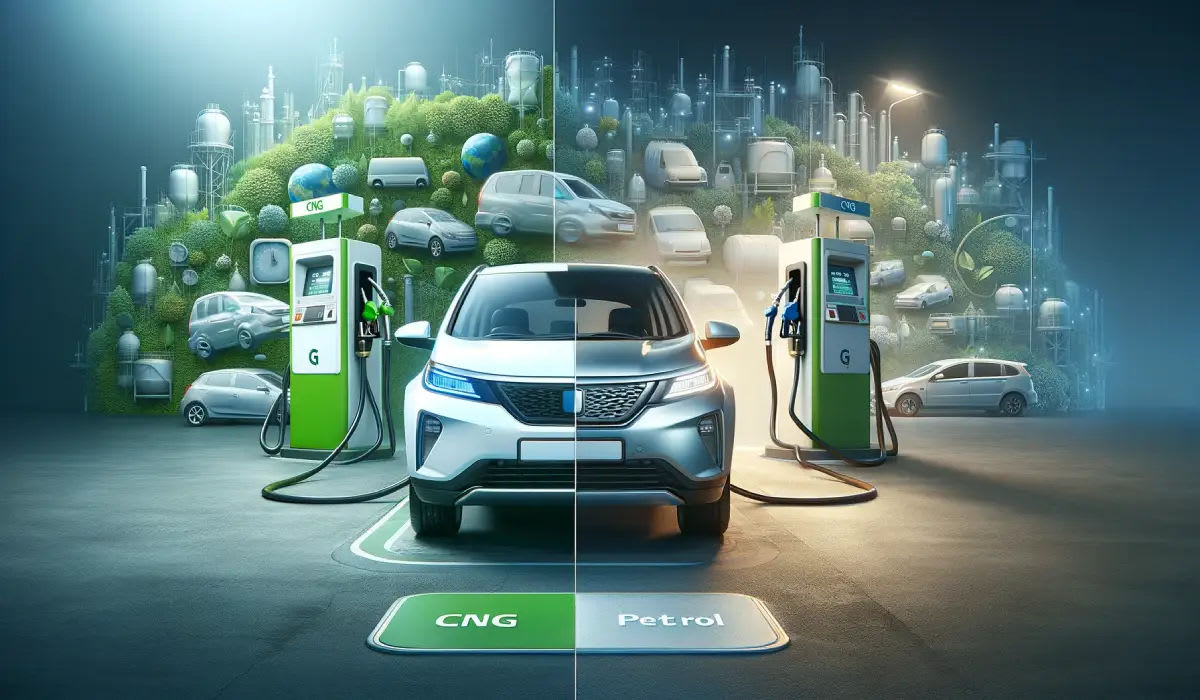Tesla Abandons Ambitions for Affordable Electric Vehicle Amidst Intense Chinese Rivalry
Tesla, the pioneering electric vehicle (EV) manufacturer, has faced a significant setback with the recent announcement that it has scrapped its plans to produce a low-cost model. This decision signifies a strategic shift for the company, which had previously placed high hopes on expanding its market reach with an affordable EV option.

Fierce Competition from Chinese EV Manufacturers
The primary reason behind Tesla's decision lies in the intensifying competition from Chinese EV manufacturers. Over the past few years, China has emerged as a global leader in EV production, with companies such as BYD, Nio, and Xpeng gaining significant market share.

Chinese EV manufacturers have a distinct advantage over Tesla in terms of cost competitiveness. They operate in a market with lower labor costs and a strong supply chain, enabling them to offer EVs at significantly lower prices than their Western counterparts.
Price-Sensitive Customers
The low-cost EV market is particularly price-sensitive, with consumers heavily influenced by affordability. In developing countries and emerging markets, where a majority of potential EV buyers reside, price remains a critical factor in purchasing decisions.
Tesla's previous plans to produce a low-cost EV targeted customers in these price-sensitive segments. However, with Chinese manufacturers offering compelling EVs at more affordable rates, Tesla faced an increasingly uphill battle in capturing market share.

Production Challenges and Cost Considerations
In addition to the competitive landscape, Tesla also encountered production challenges and cost concerns. Developing a low-cost EV while maintaining the company's high standards for performance, safety, and technology proved to be a formidable task.
Tesla's insistence on using advanced and proprietary components, such as its own software and battery technology, further increased production costs. This made it difficult for the company to achieve the economies of scale necessary for a low-cost EV to be profitable.
Focus on Premium Market
Recognizing the challenges involved in competing in the low-cost EV segment, Tesla has decided to focus its efforts on the premium market. The company is well-established as a leader in this segment, with its Model S, Model X, and Model 3 vehicles being highly sought-after by affluent consumers.
By doubling down on the premium market, Tesla can leverage its strong brand recognition, technological prowess, and superior charging infrastructure. This allows the company to command higher margins and maintain its leadership position in a less price-sensitive market segment.
Long-Term Strategy
Tesla's decision to abandon its low-cost EV plans represents a significant shift in strategy. The company's long-term goal remains to accelerate the world's transition to sustainable energy, but the path to achieving this vision has evolved.
Tesla believes that by focusing on the premium market, it can generate the capital and resources necessary to continue innovating and developing advanced EV technologies. These technologies will ultimately trickle down to more affordable models in the future.
Implications for the EV Market
Tesla's withdrawal from the low-cost EV market has implications for the industry as a whole. It highlights the growing dominance of Chinese EV manufacturers and the challenges faced by Western companies in competing in this segment.
Consumers in developing countries and emerging markets may have to wait longer for affordable EVs from Western manufacturers. However, Chinese EV manufacturers are expected to continue to lead the charge in this segment, offering consumers a wider range of choices at attractive price points.
Tesla's decision to scrap its low-cost EV plans is a significant development in the EV industry. It underscores the intense competition from Chinese EV manufacturers and the challenges of producing affordable EVs while maintaining high standards.
By focusing on the premium market, Tesla aims to consolidate its leadership position and generate the resources necessary for continued innovation. However, this decision also highlights the growing dominance of China in the global EV market and the challenges faced by Western companies in competing in the low-cost segment.
